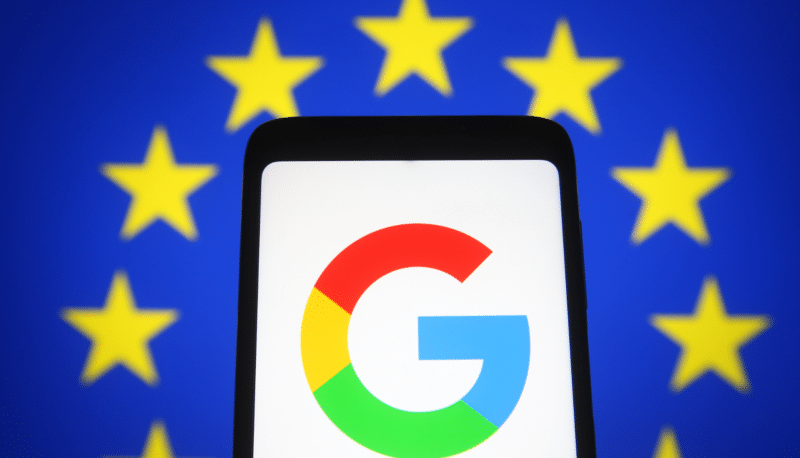Italian competition watchdog AGCM launched an investigation into Google’s user consent practices for ad profiling.
Why it matters. This probe highlights growing scrutiny of Google and the data practices of Big Tech in Europe, especially under new regulations like the Digital Markets Act (DMA).
Details:
- The investigation focuses on how Google obtains consent to link user activity across its services (e.g., Search, YouTube, Chrome, Maps) for ad targeting.
- AGCM suspects Google of “unfair commercial practices” in its consent requests.
- Concerns include inadequate, incomplete, and potentially misleading information provided to users.
- The regulator questions whether users are fully informed about the “real effect” of consenting to account linking.
Why we care. If Google is forced to change its consent practices, it could limit the data available for ad targeting, potentially reducing the effectiveness of campaigns. For example, cost per acquisition could increase. This could then lead advertisers having to be more strategic with where they spend then budget.
Context. Google is subject to the EU’s Digital Markets Act (DMA) as a designated “gatekeeper” platform.
- The DMA requires gatekeepers to obtain user consent before processing personal data for advertising or combining data across services.
Between the lines. This investigation by Italy’s regulator appears to address concerns not yet covered by the European Commission’s ongoing DMA probe into Google.
What to watch. The outcome of this investigation could have implications for how tech giants design consent flows and communicate data practices to users across the EU.
New on Search Engine Land








